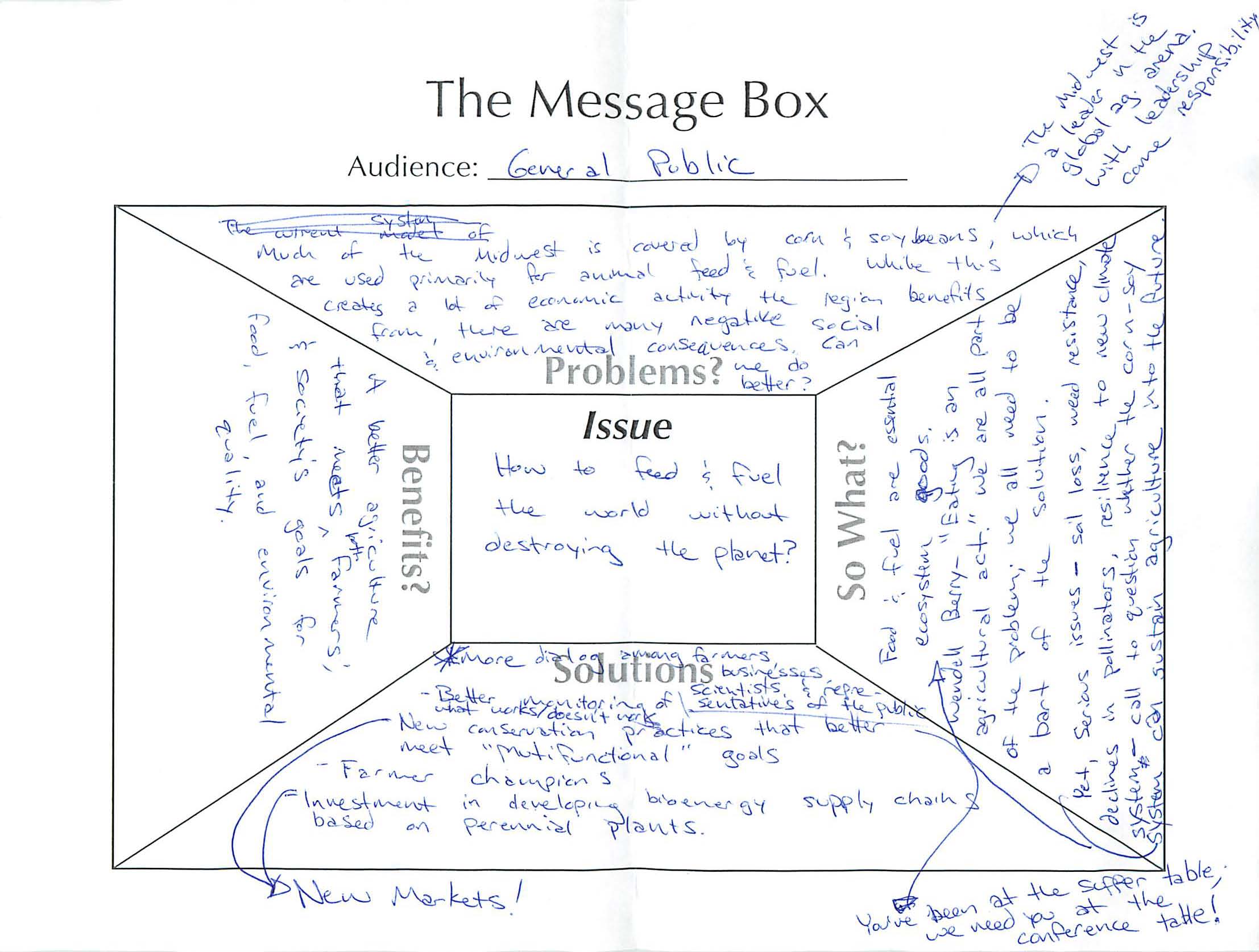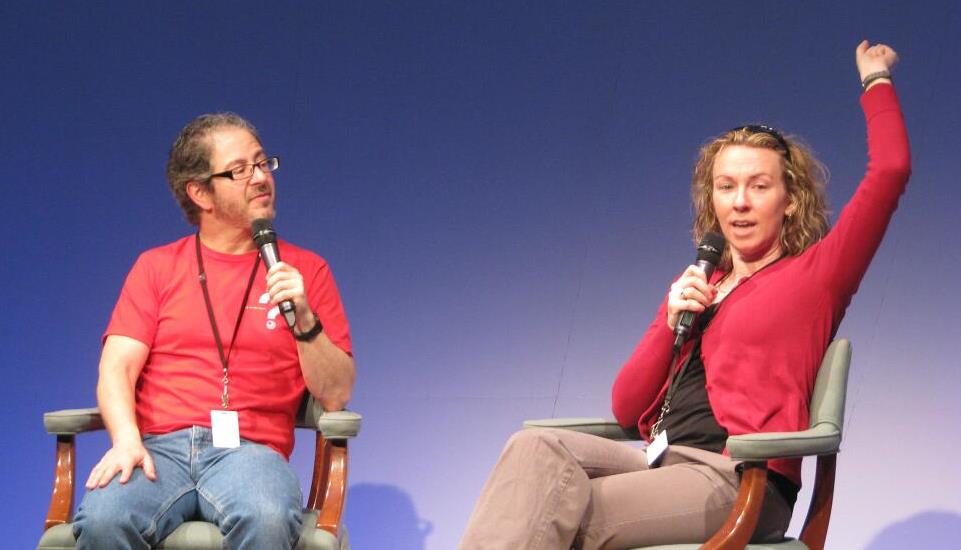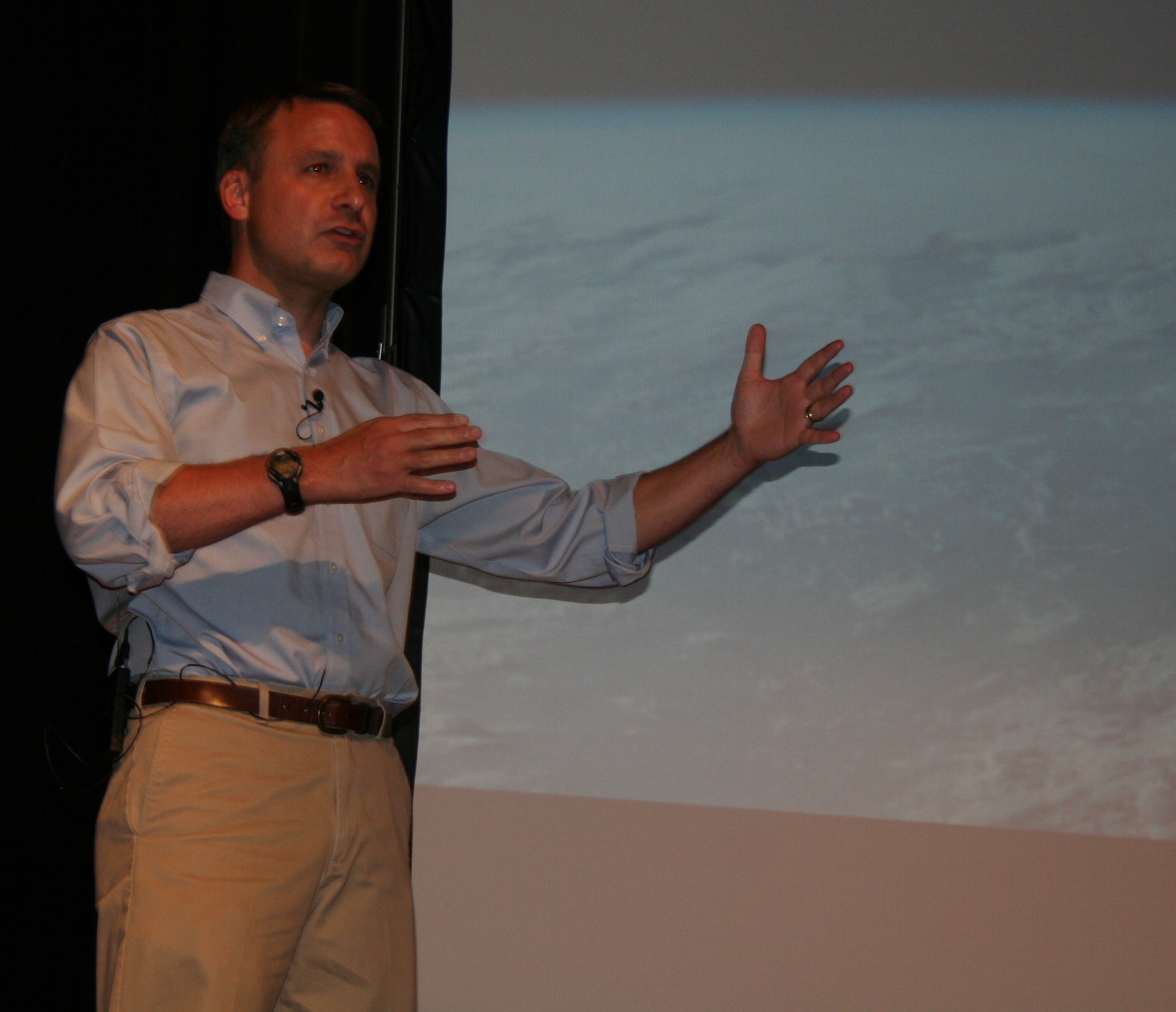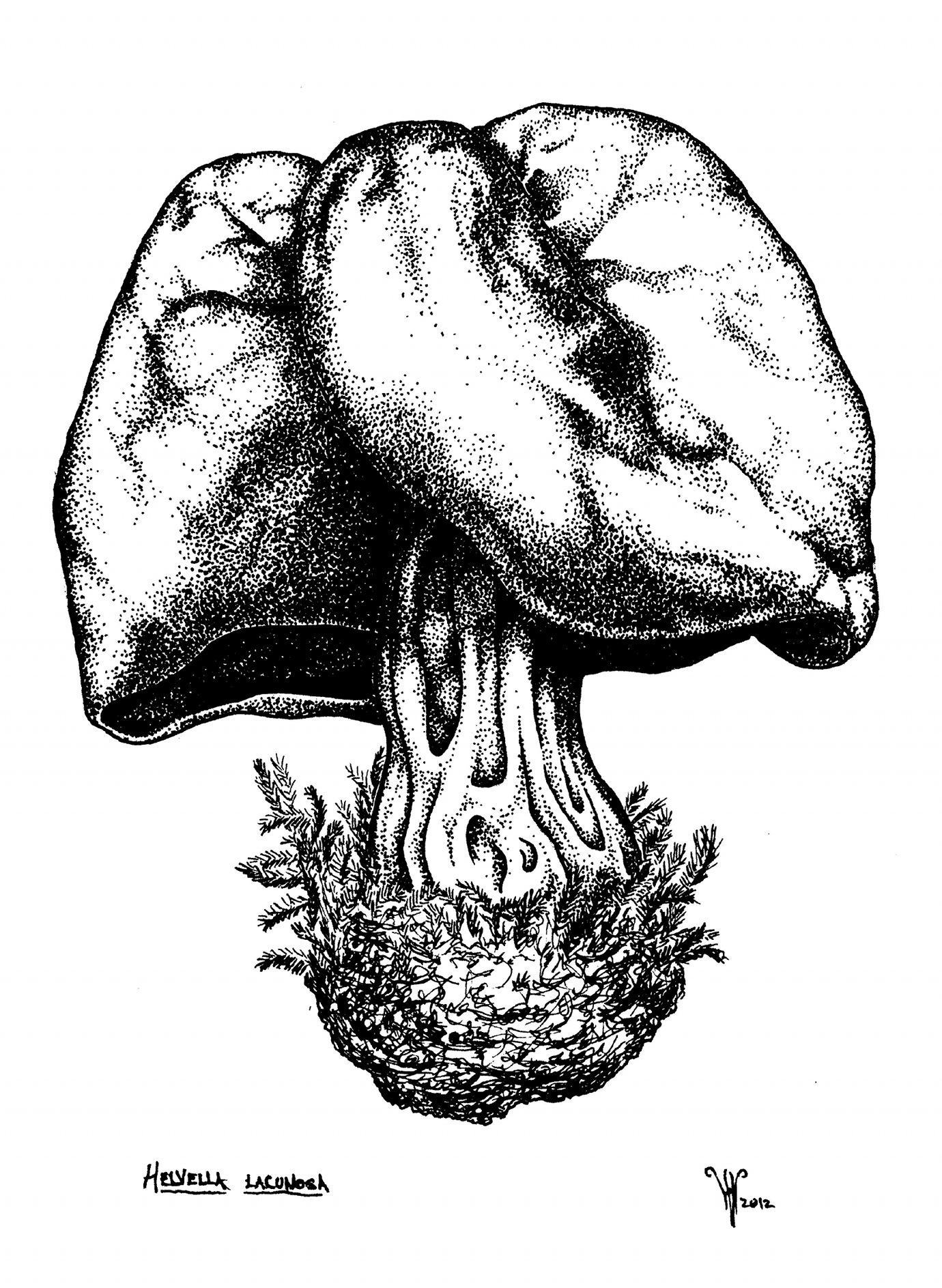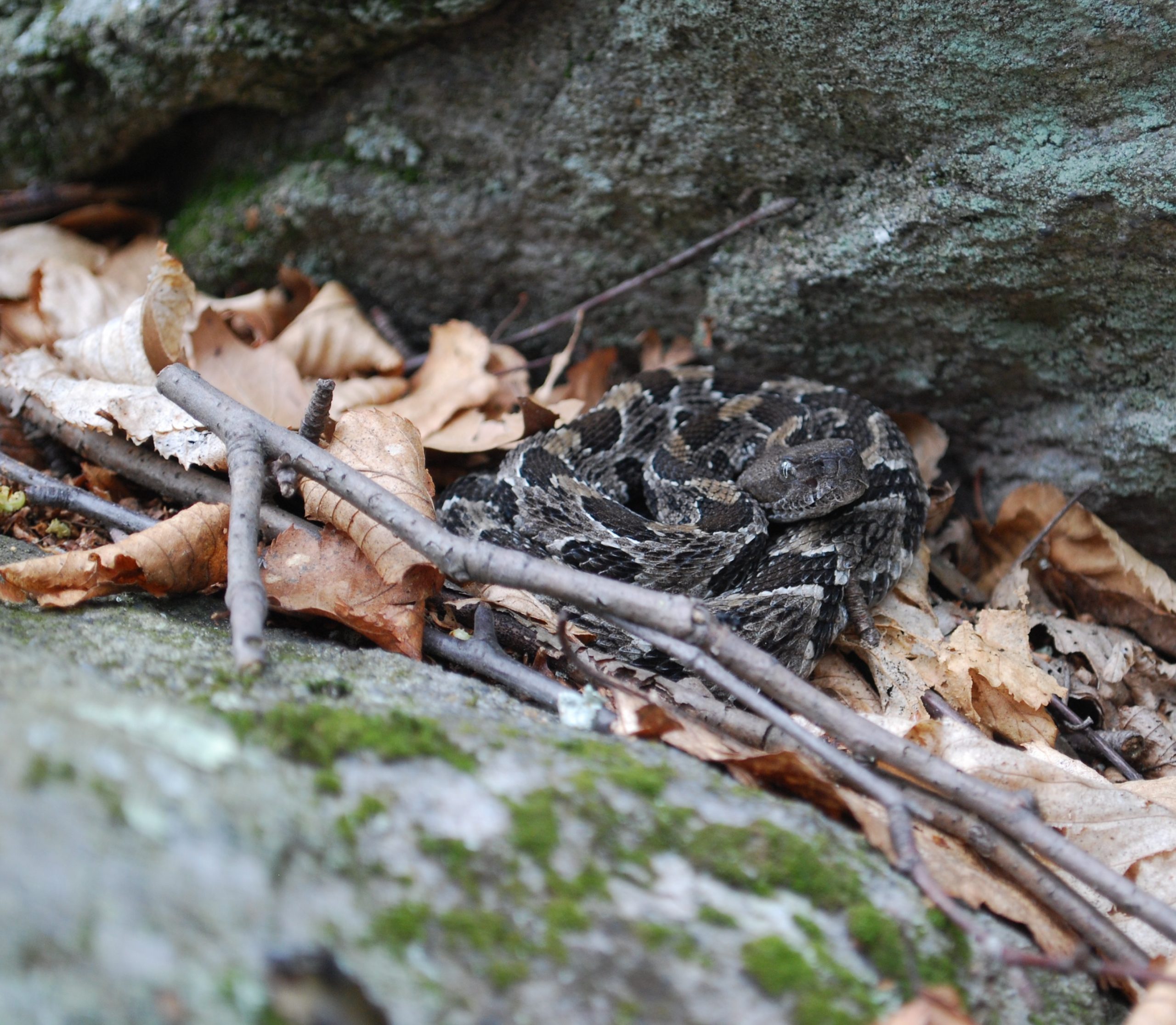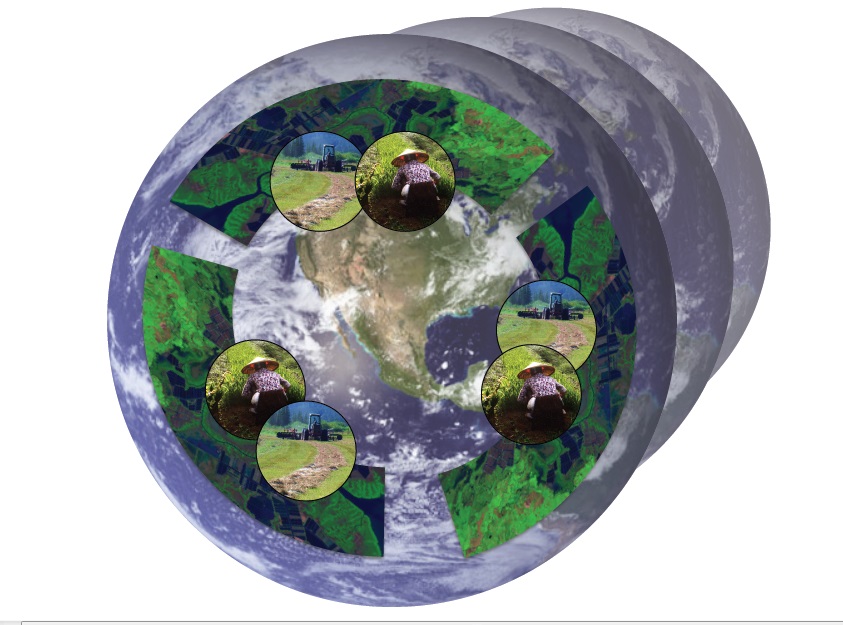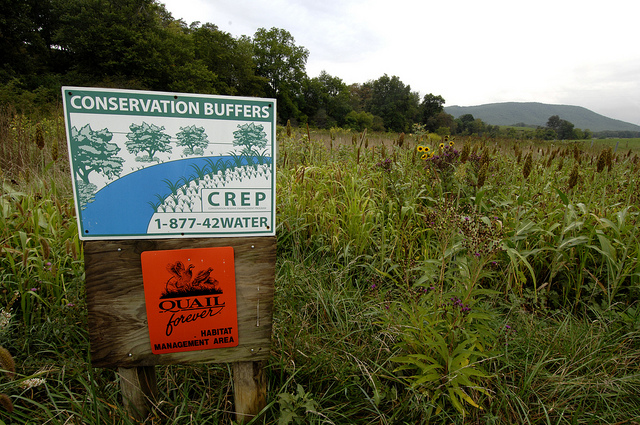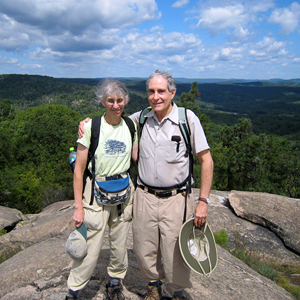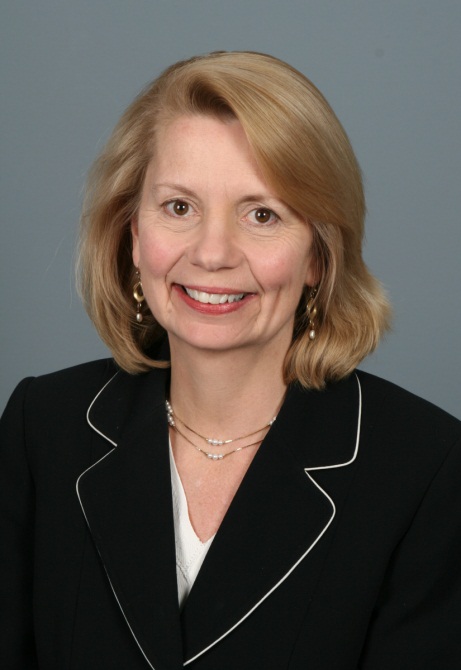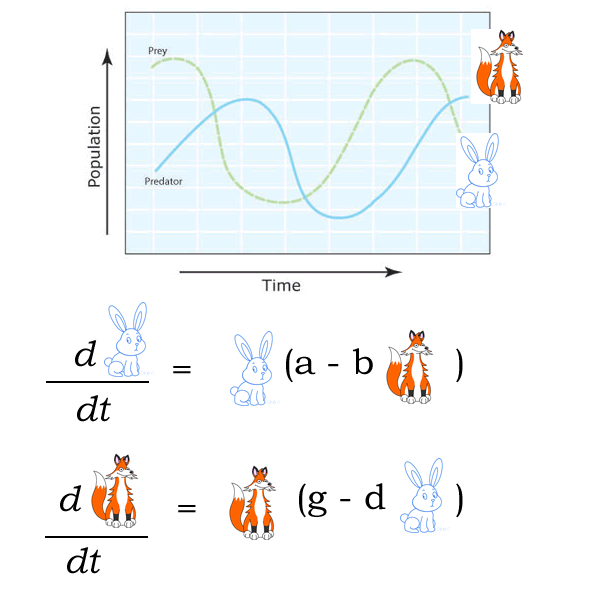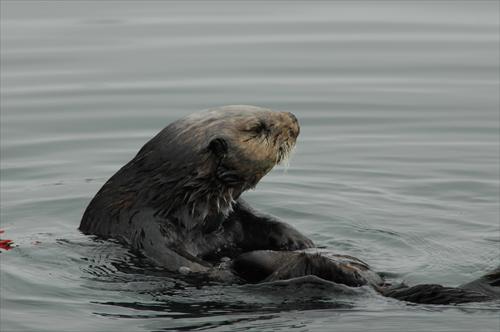
Crowdsourcing the ESA2014 opening plenary
ESA’s 2013 annual meeting in Minneapolis is drawing near, but we are already planning for Sacramento in 2014! The public affairs committee wants to know what you would like to hear at the Sunday evening opening plenary next year. What topic would fire you up? Who would you get on a plane early to see? Because Sacramento is in the…
